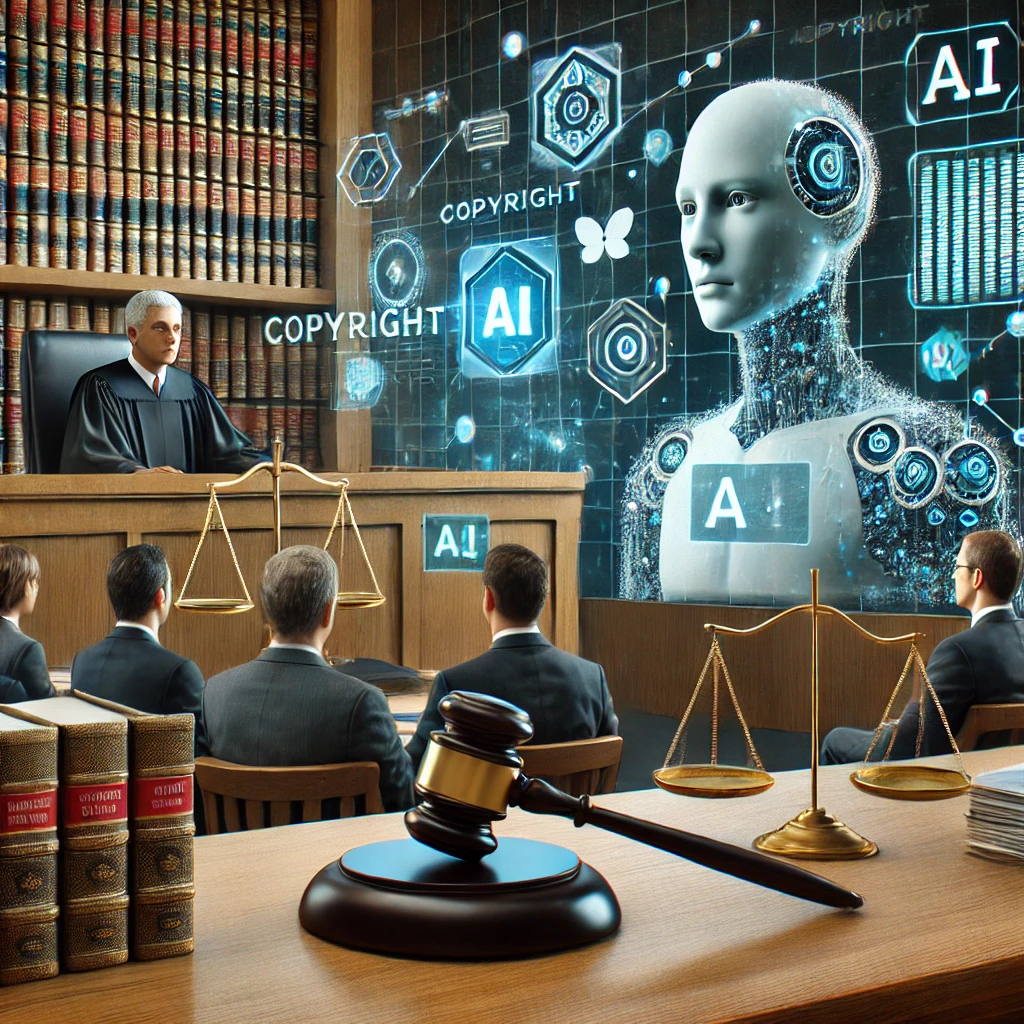A U.S. judge has ruled that a copyright lawsuit filed by a group of authors against Meta can proceed.

The lawsuit, originally filed in 2023, claims that Meta unlawfully used copyrighted books to train its artificial intelligence (AI) models without the authors’ permission.
Background of the Case
Several well-known authors, including Pulitzer Prize winners, have accused Meta of using their books to train its large language models (LLMs). The authors argue that this unauthorized use of their work violates copyright laws and deprives them of fair compensation.
The lawsuit is part of a broader wave of legal actions against major AI companies, including OpenAI and Google, over the use of copyrighted material to train AI systems. Writers, artists, and other content creators have raised concerns that AI companies are profiting from their work without proper acknowledgment or payment.
Judge’s Decision
On March 8, 2025, U.S. District Judge Vince Chhabria ruled that the lawsuit had enough merit to move forward. Meta had attempted to dismiss the case, arguing that AI training falls under fair use, but the judge found that the authors’ claims were strong enough to proceed to the next stage of legal review.
While the court has not yet determined whether Meta violated copyright laws, the decision means that the lawsuit will continue through legal proceedings. This could lead to a trial or a settlement between the parties.
What This Means for AI and Copyright

The case could have significant consequences for the AI industry. If the court rules in favor of the authors, AI companies may be required to pay licensing fees or stop using copyrighted material without permission. This could change how AI models are trained and how AI companies interact with content creators.
The lawsuit highlights ongoing debates about the balance between technological advancement and intellectual property rights. Many authors and publishers are calling for clearer regulations to ensure that AI companies respect copyright laws while continuing to innovate.
Meta’s Response
Meta has denied any wrongdoing and argues that AI models learn from publicly available content in a way that should be considered fair use. The company claims that its AI technology is designed to enhance knowledge and creativity rather than replace human authors.
A spokesperson for Meta stated, “We believe AI development must be done responsibly, and we are committed to working with content creators to find fair solutions.”
What’s Next?
With the lawsuit moving forward, both sides will present their arguments in court. If the authors win, it could set a legal precedent for how AI companies use copyrighted materials in the future.

This case is being closely watched by writers, publishers, and technology companies as it could shape the future of AI development and copyright law.
Stay tuned for more updates as the case progresses.


